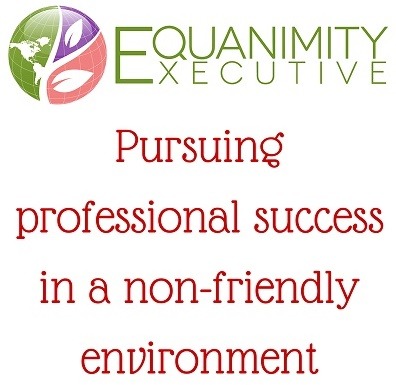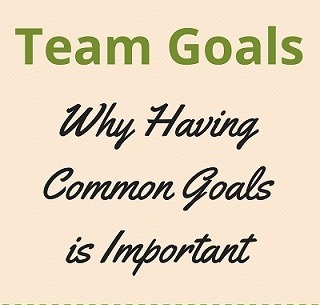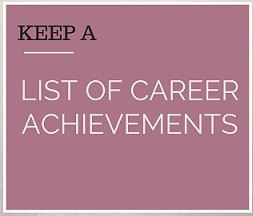Emotional Intelligence: The Engine That Powers Your Future
My late and often lamented friend, Gridley Harriss, was a wealth of pointed platitudes ready to shed light on virtually any topic. One of his favorites, and he shared it often, was,
Your attitude determines your altitude.
There’s a lot of life defining truth contained in those five words.
Henry Ford, another man of well-chosen words, put it this way,
Whether you believe you can or you can’t, you are probably right.
Are you a prisoner or the master of your attitudes?
One way or another, your attitudes are pushing you, either forward towards endless possibilities or backward into the prison of self-doubt and victimhood. Which way are your attitudes pushing you? You can choose, you know?
Attitudes are the initial step in translating our emotions into thought first, then action. Positive attitudes propel us, while negative attitudes not only slow us down, they shorten our lives. With strong emotional intelligence we can control them.
Most people when asked to define emotional intelligence, either have never heard of it or aren’t quite sure what it means. The fact is, the further you progress in life both professionally and personally, the more important emotional intelligence becomes. Research shows that ultimately emotional intelligence is more important than intellectual intelligence in achieving maximum success. So what is this thing called emotional intelligence anyway?
Emotional intelligence measures individual ability to empower success in life by understanding and controlling the emotions of self and others through self-awareness, self-control, social awareness, relationship management, empathy and self-confidence.
Unfortunately, most of our focus is on intellectual intelligence, IQ, and emotional intelligence, EQ, is left virtually unnoticed. Research into what makes people successful strongly suggests that this is a mistake of epic proportions. A look at the lives of highly successful people clearly indicates that factual knowledge is far from enough. Even more important than what you know is how effectively you share that knowledge in your relationships. People at the top seldom get there without an emotionally intelligent approach to other people.

Starting even in the womb, our emotions are forming. Each event in our life, no matter how minor, triggers an emotional response. We remember those responses, and if the results seemed satisfactory, we repeat them. Over time, the same or similar events trigger the same or similar emotional responses until that emotional response becomes our standard operating procedure. Many times that is a good thing, but far too often it isn’t. When our emotions hold us back, it’s time to understand them and learn to control them. Emotions consume energy, and negative emotions consume by far the most. Why spend your energy on things that are not only getting you know where but actually forcing you backward?
I don’t like the word no. Oh, I don’t mind using it, I just don’t like hearing it. Given as an answer to something I very much want to do, some form of anger is a well-established first response. Each “no” I hear is a wall that must be torn down! Let me give you an example.
My wife, Janet, and I enjoy eating out with our friends George and Linda. Late last week we introduced them to a restaurant we both enjoy. We ordered, then waited…waited…and waited some more.
Slow service, combined with meaningless excuses, is a form of “no” I detest, particularly when it hampers my ability to impress someone. Possibly because I’ve been a teacher at various times in my life, the need to educate the service provider often overpowers me. After years of embarrassing confrontations, I’m almost in control, almost, but not that day. Both the server and the manager got a carefully worded lecture on the benefits of good service.
By the way, the food was good when it came. We enjoyed our meal. I apologize to the server, and complemented her to the manager. Furthermore, she got a large tip. Giving in to negative emotions can be expensive. Let’s analyze the situation.
Deeply embedded in this “no” experience was damage to my self-esteem. My reputation was at stake with George and Linda, and in my eyes, I wasn’t looking good. Something had to be done put myself back on top. Hence, the lectures.
I really don’t like myself very much when I act that way. To make matters worse, those with me often wish they were at another table, though the 50% discount on our meals was appreciated. Consequently, understanding the source of that emotion is the first step towards controlling it.
Digging that deep has taken time, but I’ve come to understand the cause. Because I understand the cause, certain childhood experiences that I interpreted negatively, I’m able to recognize the signs and usually prevent a negative emotional response.
So what emotions are holding you back today?
Don’t let them. You were designed to succeed. Don’t let your emotions and attitudes hold you back. Put a name to your emotion, in my case anger, and figure out its source. Learn to recognize the signs, for me a sense of rising frustration and threat to my self-esteem, and choose a more positive response.
If your potential is weighted down with negative, “I can’t” emotions you can do the following things:
1. Accept responsibility for your life and the need for action.
2. Identify the repressive emotion and battle it with an opposite response. For example, when I feel my frustration rising, signaling an embarrassing confrontation, I can say, “It’s not like me to act that way.” Simple as it may sound, it works.
3. Develop and post a series of “I can” messages to reinforce a goal you want to achieve. In my case, “I can” exercise patience and understanding when confronted with poor service.
If these suggestions work and you’d like to learn more contact Dale Dale Opt-In






 If you want to achieve greater success, you need to monitor and control your own actions once in a while.
If you want to achieve greater success, you need to monitor and control your own actions once in a while.



 Not every workplace is a friendly workplace. That doesn’t necessary make success there impossible.
Not every workplace is a friendly workplace. That doesn’t necessary make success there impossible.



 We keep lists of everything – daily tasks, ideas, reminders. But we don’t keep a list of our achievements.
We keep lists of everything – daily tasks, ideas, reminders. But we don’t keep a list of our achievements.